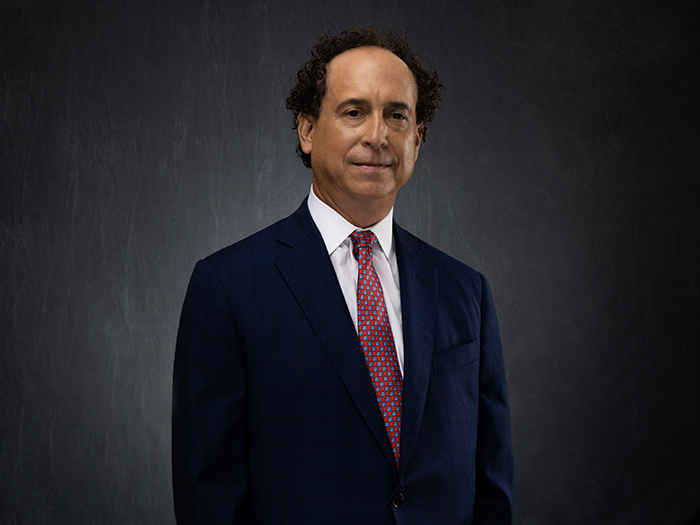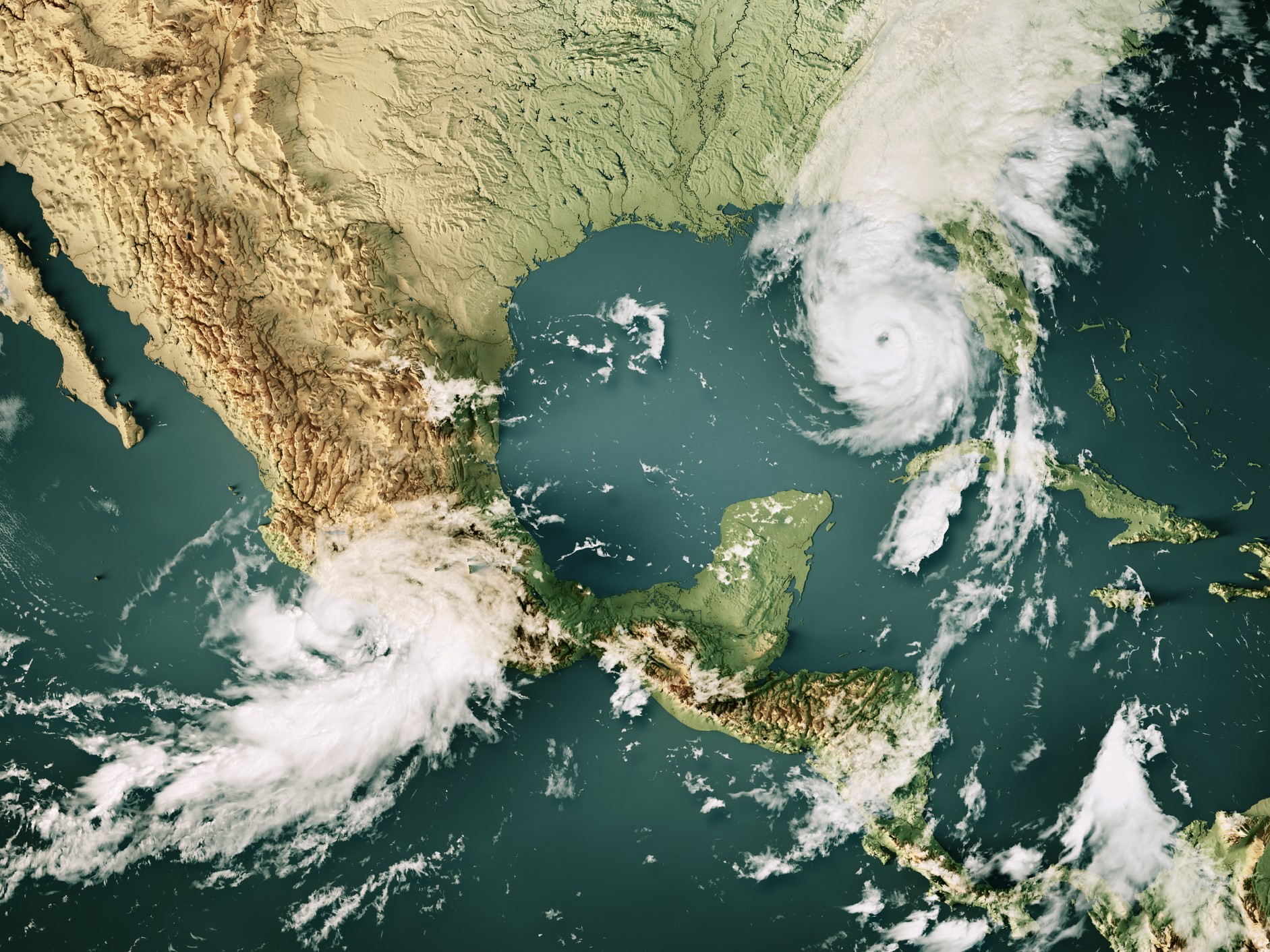You Be the Judge
NFL Player Claims Workers’ Comp Injury, But Which State Holds Jurisdiction Over His Contract?

A former football player for the Indianapolis Colts, Buffalo Bills and Seattle Seahawks filed a claim for workers’ compensation benefits in California, alleging injury to multiple body parts through the course of his National Football League career.
During his career, he played around 110 football games but only played two games in California. The football teams and insurers denied his claim.
Two of the teams disputed the assertion of California jurisdiction. The player said that he was living in California when he signed his Indianapolis contract.
He asserted that he did not remember where he was when he signed the agreement but that his agent, whose principal place of business was in California, negotiated the terms of the agreement.
The workers’ compensation judge found that the Workers’ Compensation Appeals Board (WCAB) had jurisdiction over the claim for benefits, finding that his agent negotiated the contract in California.
The WCAB reversed, finding that the player and his agent were not in California when the employment was accepted and the contract was signed. The WCAB also found that the limited number of games the player played in California undermined a finding of jurisdiction.
The player appealed.
Did the WCAB properly determine that California lacked jurisdiction over his claim?
How the Court Ruled
- A. No. The player had been hired in California when his agent negotiated the contract terms.
- B. Yes. The player’s contract was not formed in California.
- C. No. Even though the player was not hired in California, he played two games in the state that contributed to his cumulative injury.
A is incorrect. The court explained the parties did not sign the agreement in California. The fact that the agent negotiated the contract terms in California was not enough.
C is incorrect. The court rejected the player’s argument that the WCAB had jurisdiction over his claim, because he played two games in California during his career, which contributed to his cumulative injury. The court found that the player’s cumulative injury occurred at his retirement rather than during any particular game, including the two games played in California.
B is correct. In Tripplett v. Workers’ Compensation Appeals Board, et al., No. G054825 (Cal. Ct. App. 06/28/18, unpublished), the California Court of Appeal held that it did not have jurisdiction over the player’s claim.
The court explained that when courts have the issue of determining the location at which an injured worker was hired for purposes of workers’ compensation law, they apply traditional principles of contract law.
Here, the agent’s negotiations were the only contract-related activity that took place in California. The court noted that the player said he had such trust in his agent, he did what the agent advised, but he acknowledged that he had “the final say.” The court found no basis to conclude the contract was formed in California.
The court found that the outcome remained the same even if the agent had authority to bind him to an oral agreement. The court pointed out the written agreement included a clause specifying it superseded any prior oral agreement entered into between the parties.
Editor’s note: This feature is not intended as instructional material or to replace legal advice.








